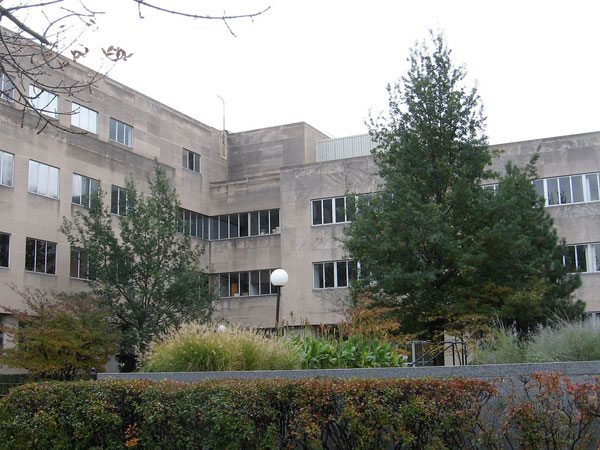
February 28, 2018; Chicago Tribune
Former President Barack Obama announced last week that his burgeoning Obama Foundation will launch a scholarship program that will enable students to receive masters’ degrees from the University of Chicago’s Harris School of Public Policy. The Obama Foundation Scholars Program will cover tuition, travel, and living expenses for 25 students while they work with the foundation in Chicago neighborhoods. While this program is directly aligned with the Foundation’s mission, which includes “equipping civic innovators, young leaders, and everyday citizens with the skills and tools they need to create change in their communities,” the timing of its launch is strategic.
The announcement comes right before the Foundation goes before the city’s planning commission to receive permission to start construction on its $500 million presidential library amid growing community opposition. The library, which is planned to be built in the South Side’s Jackson Park, has been criticized by community leaders, unions, and professors for failing to engage local interests and residents. A letter from University of Chicago professors released last month stated, “We urge the Obama Foundation to explore alternative sites on the South Side that could be developed with more economic benefits, better public transportation, and less cost to taxpayers.” Obama has dismissed the idea of signing a community benefit agreement (CBA), a tool used by residents and businesses in gentrifying communities that large development projects help them versus harm or push them out.
Sign up for our free newsletters
Subscribe to NPQ's newsletters to have our top stories delivered directly to your inbox.
By signing up, you agree to our privacy policy and terms of use, and to receive messages from NPQ and our partners.
The Foundation has held two large scale public meetings to counter concerns that they’ll ignore community needs and be a force for gentrification and elitism. This new partnership with the University of Chicago, which is designed to recruit public service and community leaders from the area and accelerate their local work, is no doubt meant to be a tangible program to help ameliorate these concerns.
The selection of participating students will be what drives its success as a tool to integrate into and build the South Side community. Currently, those students are being selected by a combination of foundation and university leaders. In order to lift any perception of elitism, the Foundation would be wise to engage local South Side leaders in the selection process as well as among the recipients of the scholarship funds.
While the Foundation’s plans for the South Side will likely move forward, given its popularity among the city’s powerful politicians, including Mayor Rahm Emanuel, Obama’s former chief of staff, its ability to garner large-scale community support is still nebulous.—Danielle Holly













